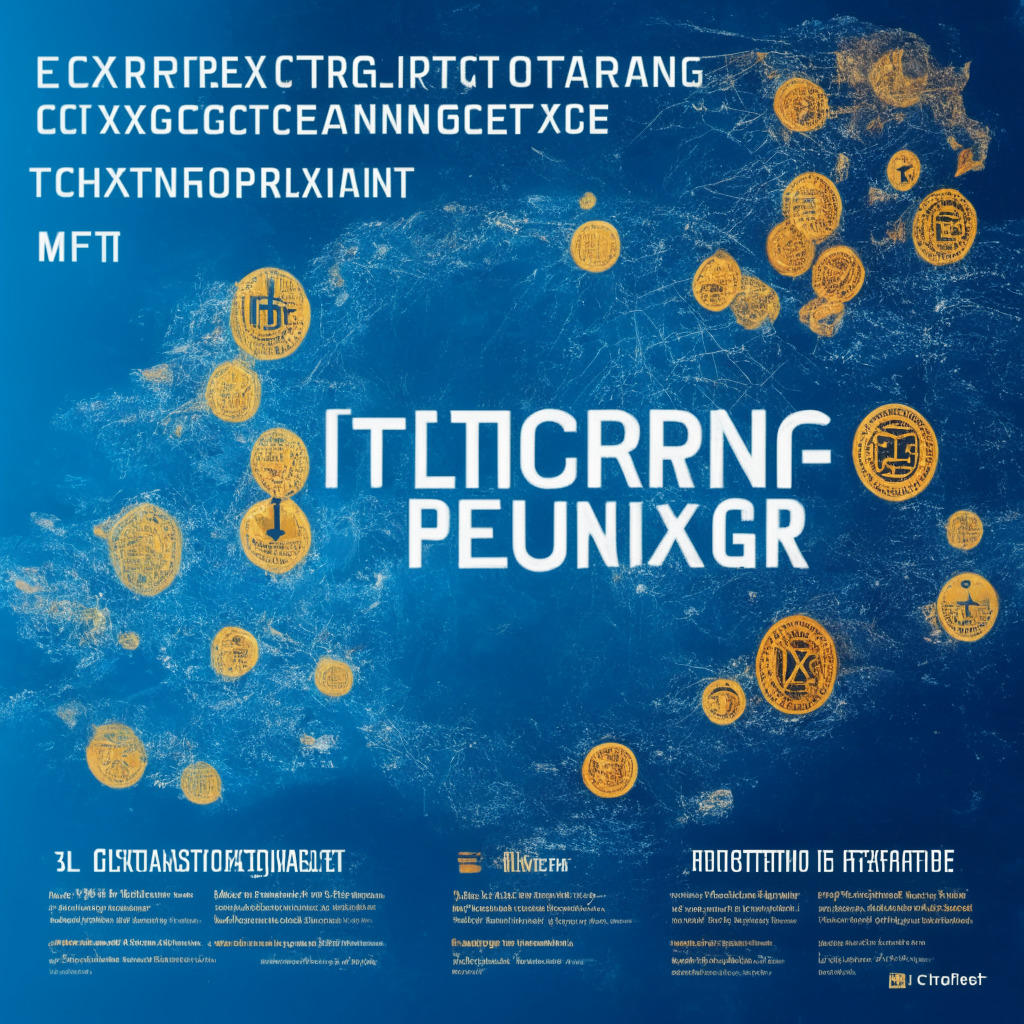Mairead McGuinness, European Commissioner for Financial Stability, Financial Services and the Capital Markets Union, has suggested a slower approach to implementing the digital euro. Her recent statements stress the importance of cautious planning before the onset of the next Commission’s parliamentary election.
Prompted by growing interest in digital assets, the European Central Bank (ECB) has crafted a proposal for digital euro legislation. This move indicates the bank’s receptiveness to accommodate cryptocurrencies backed by the Euro, a scenario that seems to be increasingly probable given the rapid ascendance of virtual transactions. The ECB’s decision on this matter, expected in October, is anticipated across markets worldwide.
With the waning popularity of cash and the rise of e-commerce, McGuinness delineates a future where central bank public money must emerge in digital form. In a recent conference, she vividly painted a picture of consumers using cards and phones to conduct monetary transactions, relegating traditional cash to the fringes. This shift doesn’t just signify an evolving lifestyle, it also pushes public money, traditionally housed in central banks, into a digital form.
The proposed transition to digital currencies has potential ripple effects on cross-border payments and other facets of financial sectors globally. Hence, McGuinness emphasizes the necessity of careful scrutiny such proposals would require, especially due to their potential broader implications.
The forthcoming European Parliament election in June 2024 might play a pivotal role in this discussion. With the power to approve or reject Commission members, including the Presidency, the election’s result could be consequential for the future of digital currencies in Europe.
Curiously, while regulations continue to hamper crypto growth in other jurisdictions, including a Gary Gensler-led Securities and Exchange Commission (SEC) in the U.S, Europe is leading the charge in developing a novel regulatory framework for digital assets. Markets in Crypto Assets (MiCA), which comes into effect in 2024, has been lauded as a well-rounded industry regulation. Attracting the acclamation of experts who urge other regions to replicate its provisions, the regulation’s introduction could position Europe at the vanguard of the digital economy’s evolution.
Simultaneously, the European Union’s goal to create a Central Bank Digital Currency (CBDC) includes plans for offline payments, privacy protection, and additional services. ECB board member Fabio Panetta’s praises this initiative as a way to enable digital euro users to stick with their current banks, thus enhancing user experience. The proposed CBDC, akin to a digital sunrise, could shine new light on the future of the European financial landscape.
Source: Cryptonews




